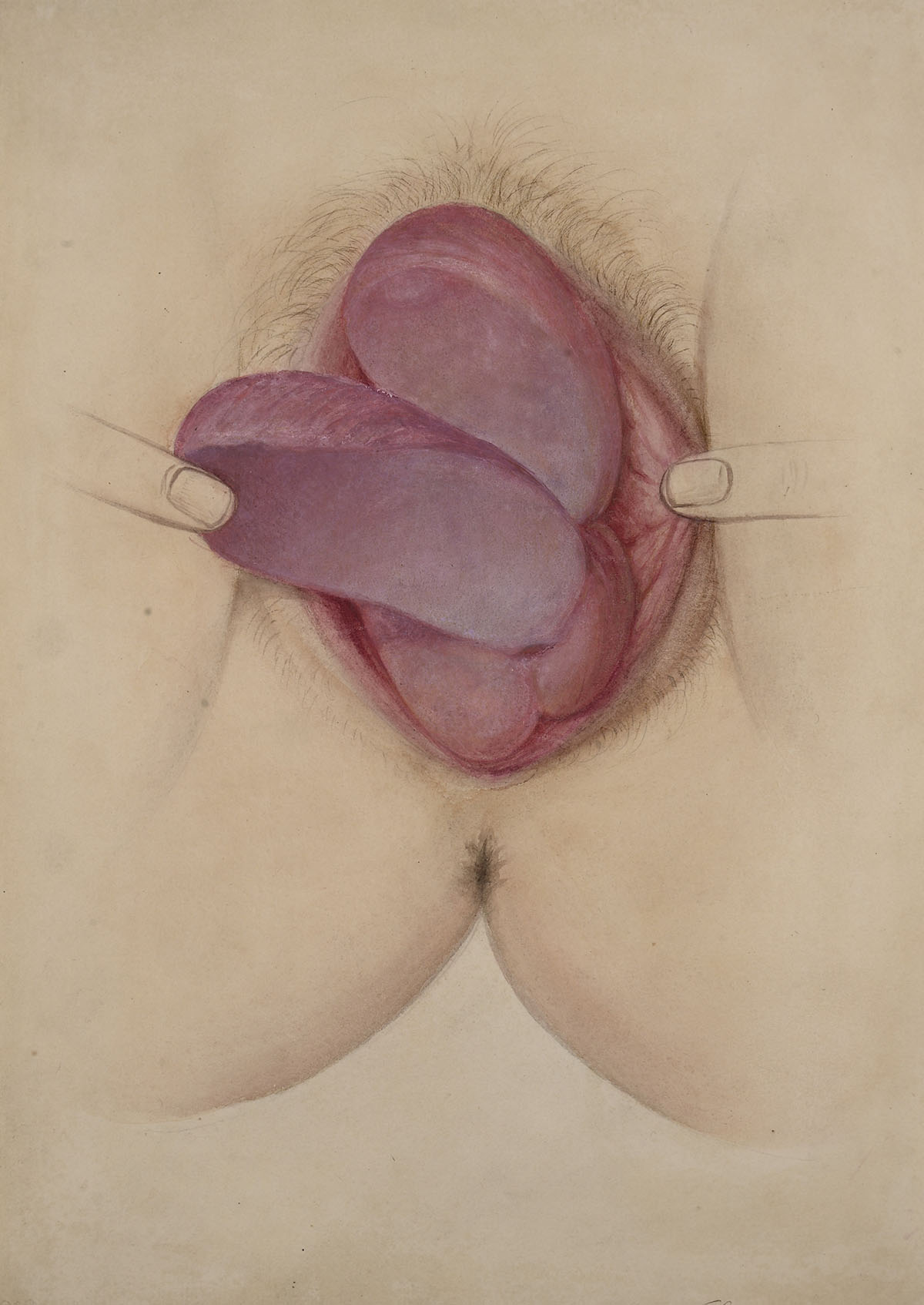
Uterine prolapse
During their life, women experience various normal or pathological conditions that can affect their pelvic region. In example, supportive tissues of a woman's pelvis are affected by pregnancy and childbirth, various strains that occur in everyday life and even gravity. Stretching and weakening of muscles that are located at the bottom of the pelvis can result in poor support for the uterus and eventually lead to uterine prolapse. In this situation, the uterus descends into the vagina. Such mishap is common in postmenopausal women who have given birth to several babies throughout their fertile years.
Complications related to uterine prolapse
Mild forms of uterine prolapse are no cause for alarm and usually require no treatment, but such cases that make affected woman feel uncomfortable or get in the way of her usual activities should be treated. In example, the fallen uterus might push a section vaginal lining out of the body. Protruding section of the vagina will then rub on the underwear and friction can cause vaginal sores. These can also become infected. Further, there is a good chance that other organs will be affected by weakened supportive tissue, and that they too will prolapse. It is not uncommon to have a prolapsed bladder or prolapsed rectum if you have a uterine prolapse. While prolapsed rectum is obvious, prolapsed bladder feels like a bulge in the frontal part of the vagina. Prolapse of these organs can cause difficulties in urination and bowel movement and increases risk of infection.
There are two options for uterine prolapse treatment: use of a supportive device that is inserted into the vagina, or surgical procedure.
Means of prevention
There is no sure way to prevent uterine prolapse, but some steps might be taken to reduce the risk of it happening. Typical recommendation is to achieve and maintain a healthy weight. Kegel exercises, which are done by squeezing and relaxing muscles in the pelvic floor (basically, like when you fight the urge to run to the nearest toilet), are recommended for maintaining the tone of pelvic muscles, typically during pregnancy, and should be done several times a day. Also, if you have a condition such as chronic coughing or bronchitis, which makes you cough a lot, treat it. Every time you cough, internal pressure in your body increases and all tissues that are used to keep various organs that might be displaced (such as uterus) are strained.

















Your thoughts on this
Loading...